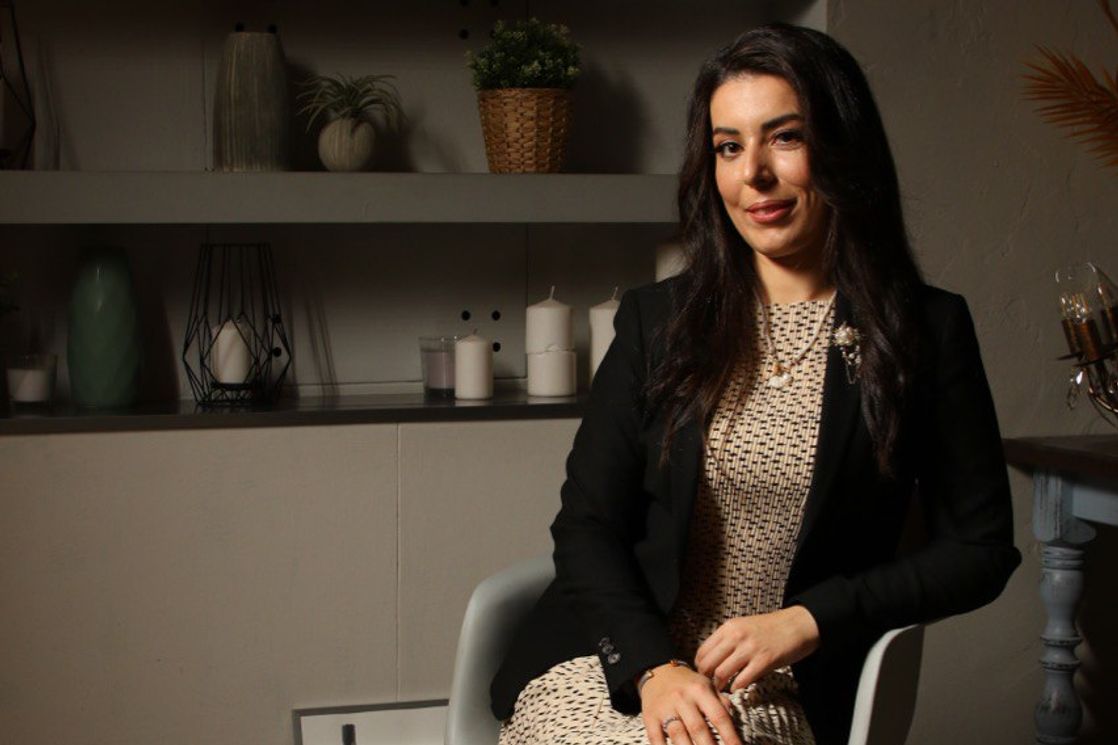‘Islamic Finance Appears to Be More Stable Than Conventional Banks’

HSE University’s Online Campus presents a new course—‘Islamic Finance: Theory and Practice in the 21st Century’. Elmira Imamkulieva, creator of the course and Senior Lecturer at the School of International Regional Studies of the Faculty of World Economy and International Affairs, explains how Islamic financing is more reliable than venture capital and why the green bonds common in the Arab world are the investment of the future.
The ‘Islamic Finance: Theory and Practice in the 21st Century’ course is available on the National Open Education Platform. It introduces students to an alternative financial system that has become widespread not only in the countries of the Middle East and Southeast Asia, but also in Europe and the CIS. Students will be able to identify the main stages in the development of the financial and economic sphere of Muslim countries, learn about the peculiarities of doing business in Islamic countries and the influence of religion on social and economic life there, and develop a greater understanding of the main Islamic financial tools, their distinctive features, and the prospects for the development of Islamic finance in Russia.
— What is the basis of Islamic banking?
— In short, entrepreneurship in the paradigm of Islamic finance must be carried out in strict accordance with Sharia law. When we speak about this type of funding, we primarily speak about the key limitations. The first of these is related to loan interest. The Qur’an forbids usury, or riba. The second concerns the ban on gambling, the tobacco and alcohol industry, etc. If everything is clear with these categories, then the third is much more difficult for ordinary people to comprehend. This relates to gharar (meaning ‘danger’ in Arabic)—excessive risks and uncertainty in which a transaction proceeds. Thus, a taboo is imposed on futures, derivatives, goods and services that will be produced in the future and currently exist only in the form of ideas or prototypes. Islamic finance in this regard is more stable than conventional banks, since it relies on real products that already exist and does not offer derivatives.

— Are Russian investors ready for the Islamic type of financing?
— It is important to note that, of course, to a certain extent, Russian society displays Islamophobia and an attitude that sees Islamic finance as a dangerous and incomprehensible phenomenon. It is important for us to pass this stage through educational work. That is why my colleagues and I prepared this online course. It is introductory in nature, and directly touches upon such topics as the first Islamic banks, the geographic scope of Islamic economics and Islamic finance institutions, as well as the place of Islamic finance in the global economy and sources of legal regulation. We will analyse the classification of contracts in Islamic finance: Musharaka, Mudaraba, Murabaha, Ijara, Istisna, Takaful, and Sukuk. Students will study the specifics of Islamic financial products in the Russian market and in the CIS countries.
— In what fields can cooperation between Russia and Arab countries develop?
— It seems to me that humanitarian, cultural, educational and environmental cooperation will intensify in the coming years. Here I would like to mention Green Sukuk—Islamic bonds dedicated to the environmental and water agenda, as well as decarbonisation projects. Arab countries pay close attention to sustainable development and ESG principles, so this type of bond can become a unifying instrument of financial communication between our countries. The potential for the Russian Federation to interact with Islamic states, the countries of the Persian Gulf and, for example, Malaysia, where the sector of Islamic finance is well-developed, is huge.
— What are your thoughts on the appearance of Islamic banking in four regions of Russia?
— The introduction of a legal experiment on integrating Islamic banking into the financial system in the territories of Dagestan, Chechnya, Bashkiria, and Tatarstan is an important step in Russia’s turn to the east and the intensification of investment and trade cooperation with Arab countries.
Since the regions of the Caucasus are among those with the lowest debt in the Russian Federation, their financial sector development through Islamic or conventional banking is an important strategic task for Russian banks.
One cannot expect the experiment to be an instant success; a comprehensive set of measures is important, including the establishment of the Islamic Takaful insurance system and a full-fledged infrastructure for Islamic investors, both for investing in Russia and for extracting and transferring profits to their homeland. There is a lot of work to be done here, and it will take a long time. Nevertheless, the very fact that a bill that was in preparation for several decades has been passed and signed is extremely significant. Of course, this is connected with the geopolitical reality and Russia’s search for new strategic investors, including in Arab countries.

